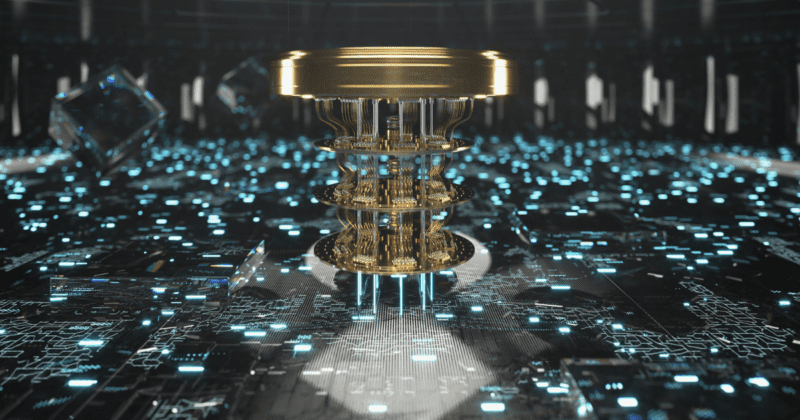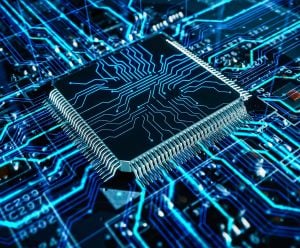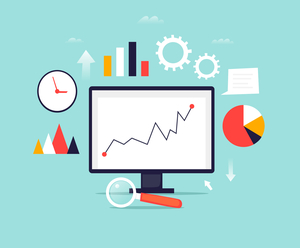Quantum computing

In conventional computers, data is stored and processed using bits, which can be either a zero or a one, performing only one function at a time.
Quantum computers, on the other hand, utilize processors to calculate quantum bits, or qubits, which can be both a 0 and a 1 simultaneously, allowing them to perform multiple calculations simultaneously and much faster than classical computers.
Quantum computing has progressed steadily over the past two years, becoming faster, more accurate and cheaper to execute. It has the potential to solve problems that classical computers cannot, such as finding the prime factors of very large numbers or simulating the behavior of complex systems.
Still, the technology is in its early stages of development. It cannot support most commercial purposes, like supply chain-related operations and classic computers. However, that is likely to change as companies such as IBM and Google have announced quantum roadmaps to reach one million qubits by 2030.
As technological milestones continue to be reached, commercial interest in quantum computing will keep growing. When ready, quantum computers can make a drastic difference by helping logistics companies like DHL calculate an optimized route with dozens of stops and other requirements within minutes – instead of the years it would take for even a supercomputer.
With the ability to instantaneously analyze and optimize large-scale operations, along with being more secure, quantum computing is a key logistics trend to watch in the next five to 10 years.









 English
English